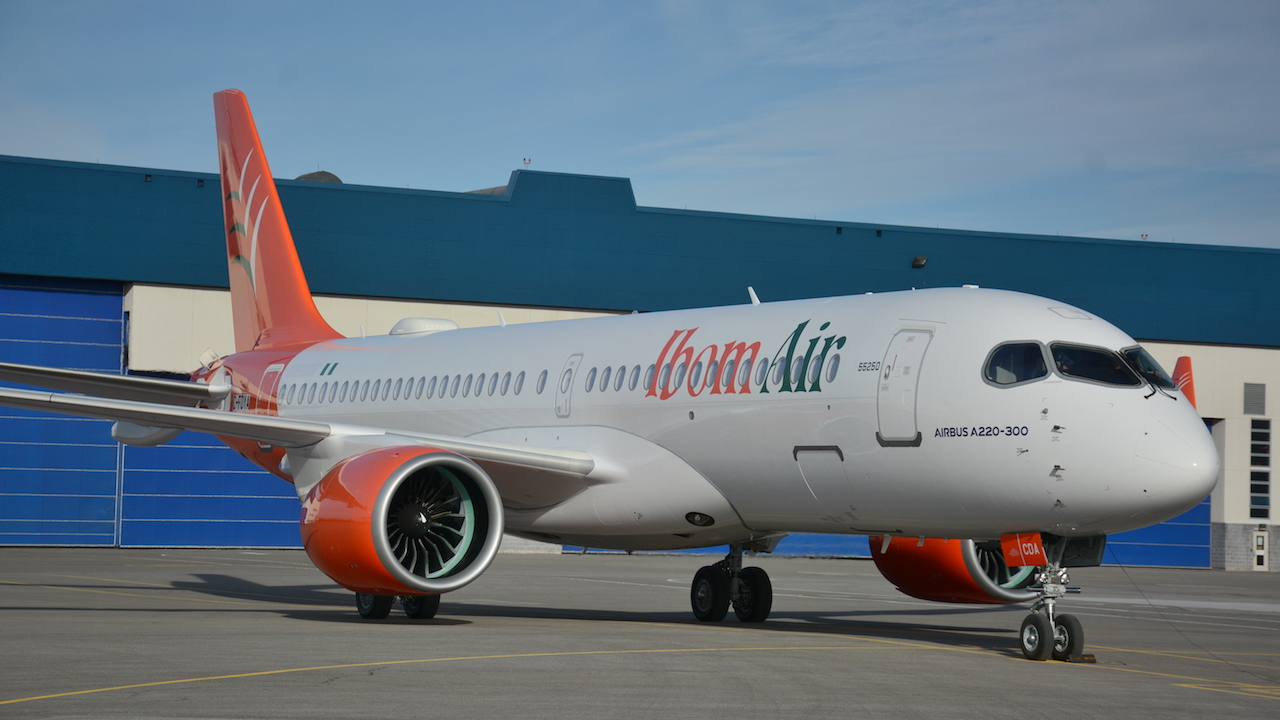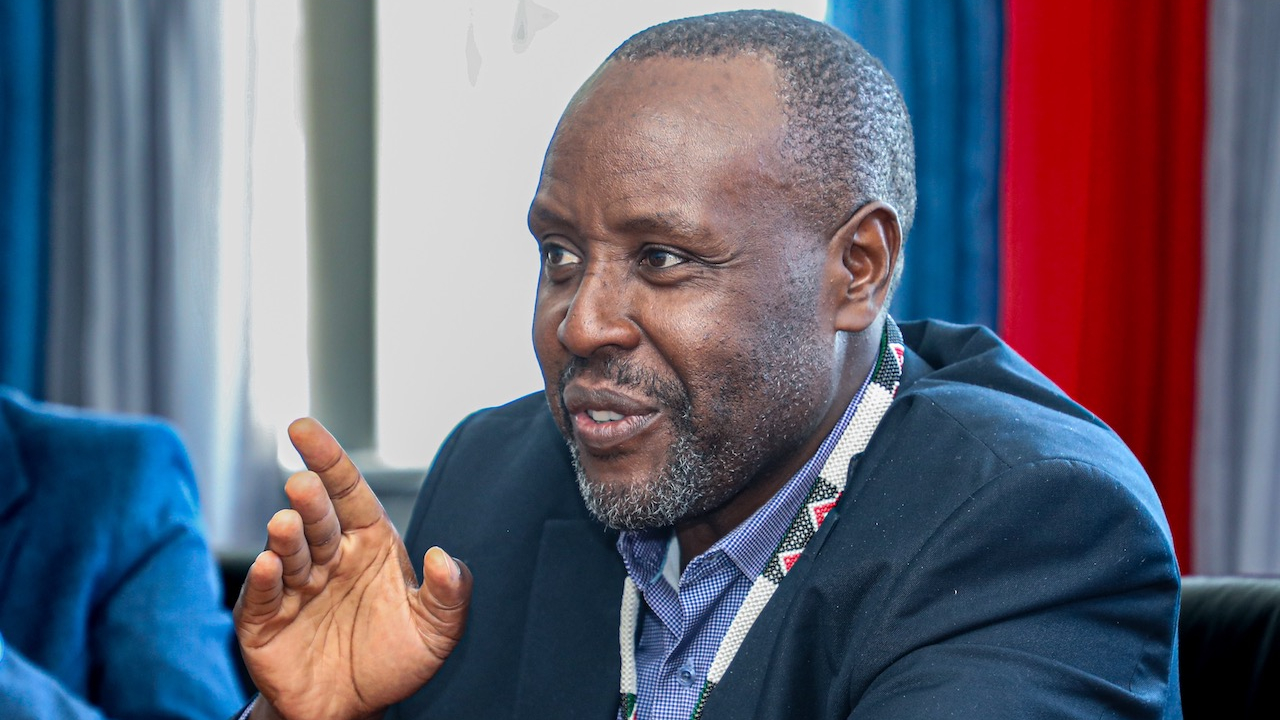Can regional airlines resolve Nigeria's domestic difficulties?
Nigeria’s airline scene has traditionally been difficult for smaller companies to navigate. Now, new backers are appearing in an attempt to stabilise the situation.

The commercial airline scene in Africa’s most populous nation has long been a difficult place in which to operate.
With a population of 232 million, the continent’s fourth-largest economy and a sizeable middle class, the country should be an ideal home for airlines, especially with the country’s patchy road network.
However, airlines have found Nigeria a difficult place in which to survive. The country has been without a national carrier since the demise of Air Nigeria in 2012, with plans to set up a new flag-carrier with the assistance of Ethiopian Airlines blocked by legal objections from a grouping of Nigerian carriers in 2023.
Domestically, the country’s airline scene is notorious for companies over-promising and under-delivering, with delayed and cancelled flights common, much to the fury of passengers.
There are several reasons for this, but local observers say that one cause is that many domestic airlines are owned by rich individuals. No matter how wealthy an individual is, they can struggle to support an airline with the necessary investment.
And in recent years, the steady fall in value of the national currency, the naira, has hurt Nigeria’s airlines in what is largely a US dollar-denominated industry.
In their defence, airlines point to heavy taxes and airport charges imposed by the government for their financial problems.
Domestically, Nigeria has a handful of airlines, with small fleets. The latest problem to hit the sector came in late March when Green Africa’s three ATR 72-600 turboprops were suddenly repossessed by their lessor. Neither Green Africa nor Ireland-based ACIA Aero Leasing would comment on the matter. It is believed that Green Africa has been reduced to a single ATR 72-500, but the airline refused to tell African Aerospace how many aircraft it currently has flying, citing ‘company policy’.
With these problems, several of the constituent states within Nigeria have either set up, or plan to set up, their own regional airlines in the hope that official backing will help create stable carriers that will serve their parts of the country with greater reliability.
The southeastern state of Ebonyi, for example, announced a year ago that it would establish a local carrier, as did Anambra, Lagos and Bayelsa. All said that the aim was to enhance connectivity.
Furthest along this road is Akwa Ibom state, where Ibom Air is owned by the state government but which – significantly – is operated as an independent enterprise. This is the model operated by the continent’s most successful carrier, Ethiopian, where the government allows the company to operate without interference.
Ibom Air has already received three Airbus A220-300s, out of a planned 10, which are operating alongside five Mitsubishi CRJ900 regional jets. Ultimately, Ibom Air wants to move to an all-A220 fleet, which will ease planning and maintenance.
Last summer, the airline purchased an eleventh A220-300 from a separate source because of “demand for the airline’s product outpacing the delivery schedule of the [A220] order”.
The A220-300 opens up a much wider range of destinations, with its range allowing it to fly as far as Cairo or Johannesburg. At present, however, the company’s route map is purely domestic, with the exception of Accra, Ghana.
Meanwhile, the regional government of Enugu has also created its own airline, Enugu Air, with the delivery of two leased Embraer E170 regional jets.
The E170s arrived in Nigeria in late April, and there are plans to add a larger E190 before the airline starts operations, according to Enugu State’s commissioner for transportation, Obi Ozor.
Like Ibom Air, Enugu Air’s services will initially be domestic, to the country’s capital Abuja, the main commercial centre of Lagos and the centre of Nigeria’s oil and gas industry, Port Harcourt.
Time will tell if this new model improves Nigeria’s struggling domestic airline infrastructure.
Stay up to date
Subscribe to the free Times Aerospace newsletter and receive the latest content every week. We'll never share your email address.


